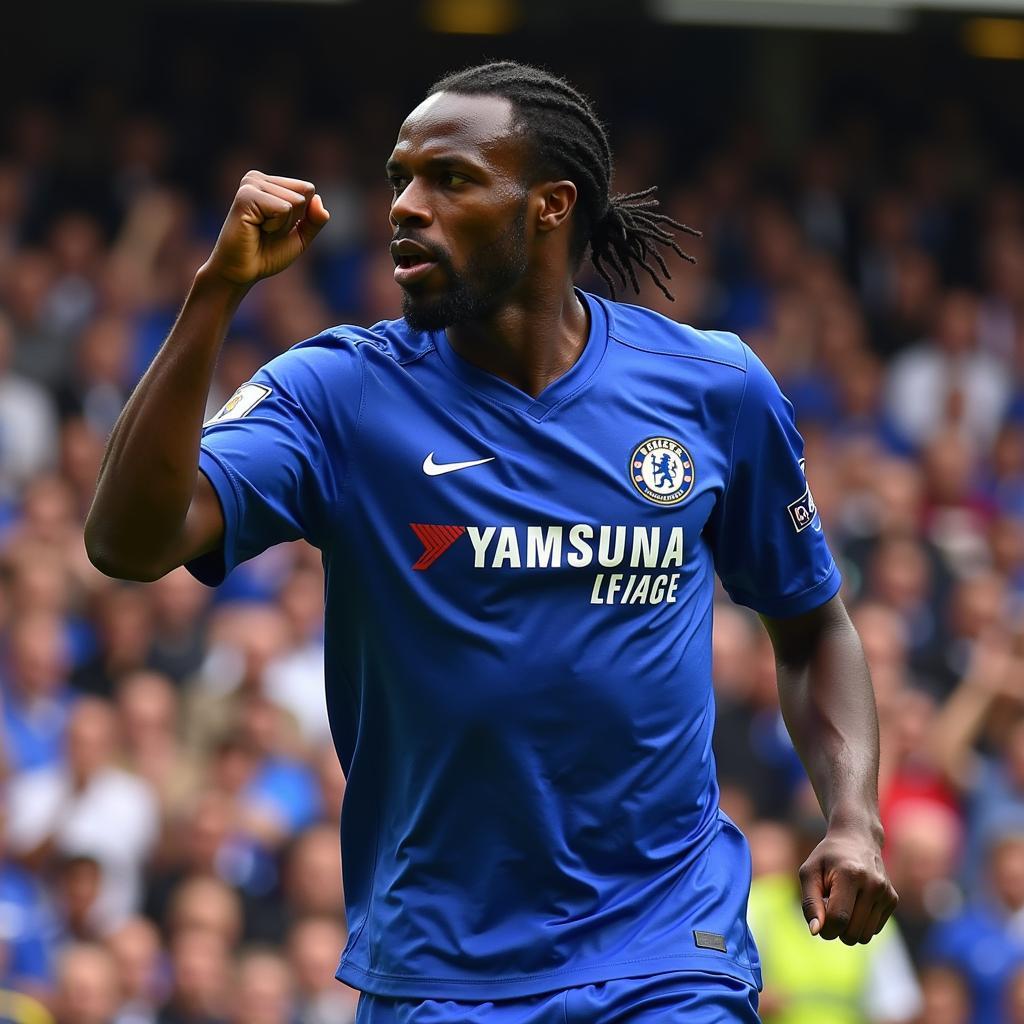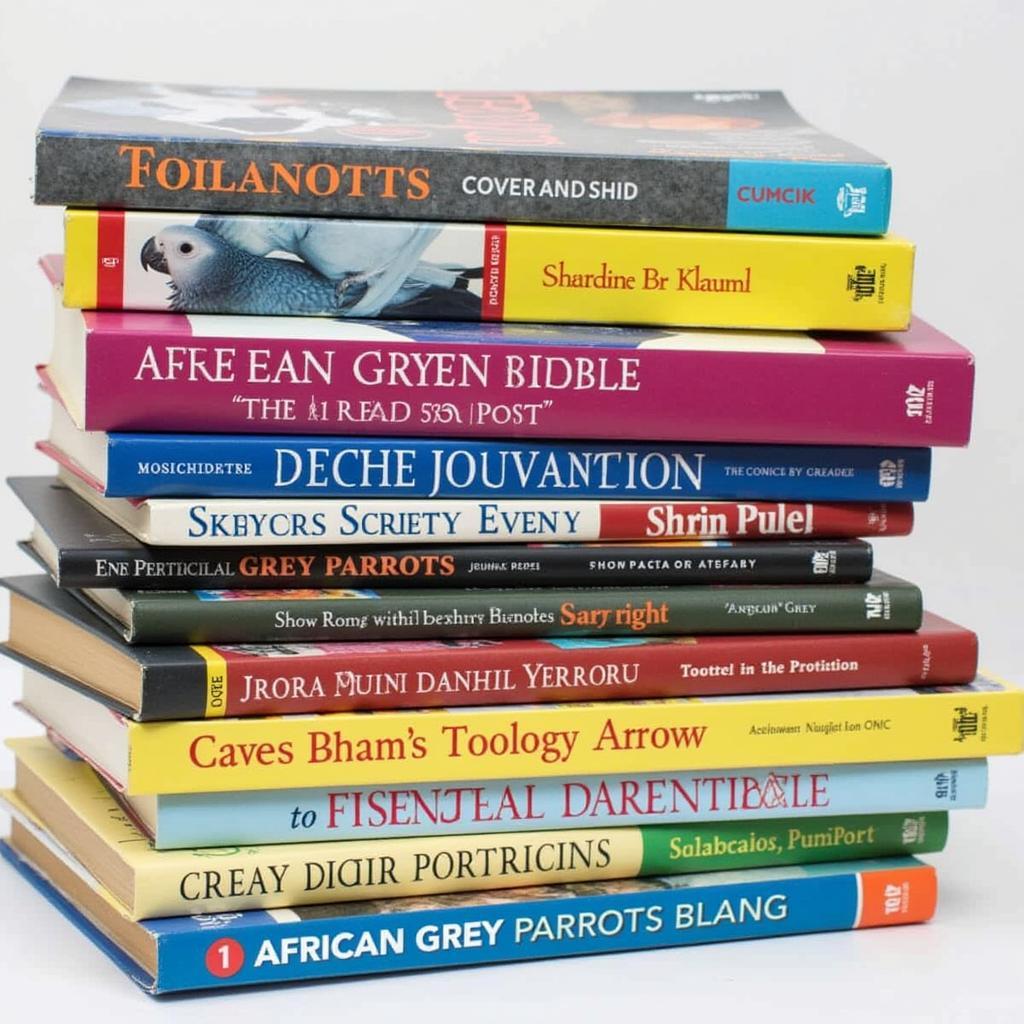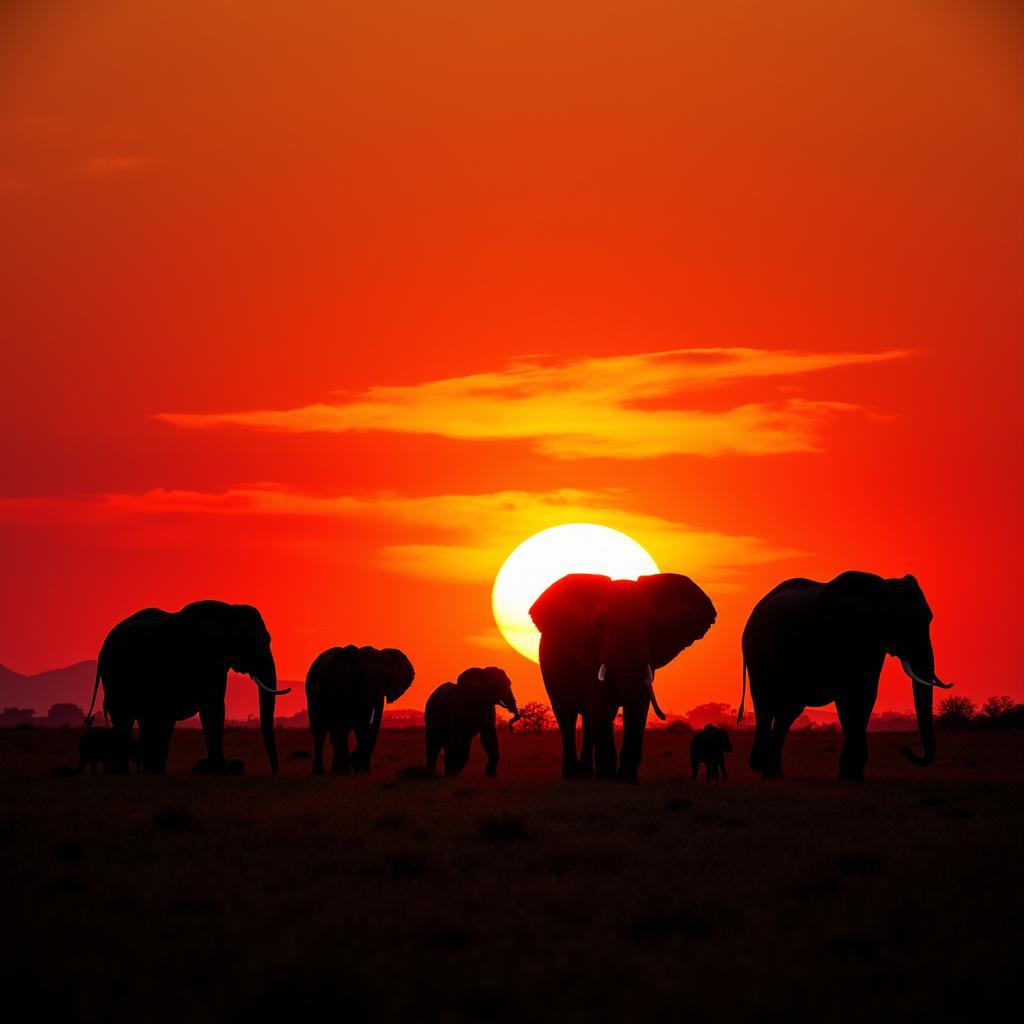Exploring the Rich Tapestry of African Muslim Life
Islam has a long and profound history in Africa, shaping its diverse cultures, societies, and landscapes. From the bustling marketplaces of Marrakech to the serene mosques of Zanzibar, the African Muslim experience is a vibrant tapestry woven with threads of faith, tradition, and resilience. This article delves into the rich history, diverse expressions, and significant contributions of Muslims across the African continent.
After the initial arrival of Islam in North Africa in the 7th century, the religion gradually spread southwards through trade and peaceful interactions, establishing deep roots in various communities across the continent. This expansion led to the development of unique Islamic traditions, architectural styles, and intellectual pursuits, contributing significantly to Africa’s rich cultural heritage. See more on African countries with muslim majority.
The Spread and Influence of Islam in Africa
The narrative of Islam in Africa isn’t a monolithic one. It’s a complex, multifaceted story of interactions, adaptations, and cultural exchange. From the early days of trade routes across the Sahara Desert to the establishment of powerful empires like Mali and Songhai, Islam has played a pivotal role in shaping the continent’s trajectory. This interaction fostered intellectual and cultural exchange, contributing significantly to fields such as mathematics, astronomy, and literature.
Early Islamic Empires and Scholarship
West Africa, in particular, witnessed the flourishing of powerful Islamic empires. The kingdoms of Ghana, Mali, and Songhai, for instance, embraced Islam and became centers of learning and commerce. Mansa Musa’s famed pilgrimage to Mecca in the 14th century showcased the wealth and influence of these West African Muslim empires, drawing attention and admiration from across the world.
Coastal Communities and Trade Networks
Along the East African coast, the arrival of Islam facilitated the growth of thriving port cities and extensive trade networks that connected Africa with the Middle East, India, and beyond. These connections led to a fusion of cultures, reflected in the Swahili language, a blend of Bantu and Arabic influences, and the unique architectural styles found in coastal cities like Mombasa and Lamu.
Diverse Expressions of Islam in Africa
From North Africa’s Berber communities to the Sufi traditions of Senegal and the vibrant Islamic communities in Nigeria, the expressions of Islam across Africa are remarkably diverse. This diversity showcases the dynamic interaction between Islamic principles and local customs.
Sufism and its Impact
Sufism, a mystical branch of Islam, has had a profound impact on various African communities. Sufi orders, with their emphasis on spiritual practices and communal living, have played a significant role in shaping social and religious life, particularly in West Africa.
Modern Islamic Movements and Challenges
In recent times, African Muslim communities have faced challenges from rising religious extremism and political instability. However, many individuals and organizations are working to promote moderate interpretations of Islam, fostering interfaith dialogue, and addressing the root causes of conflict. Check out more on African countries and their religions.
The Role of African Muslim Women
African Muslim women have played, and continue to play, vital roles in their communities. They are active in business, education, politics, and social activism, challenging stereotypes and advocating for their rights. You can learn more about South African Muslim Cricket players on South African Muslim Cricket Players.
Education and Empowerment
Access to education and economic opportunities has empowered many African Muslim women to become leaders and agents of change within their communities. They are breaking down barriers and inspiring future generations.
The Future of African Muslim
The African Muslim community is dynamic and growing, shaping the future of the continent in profound ways. From its contributions to art, architecture, and literature to its role in promoting social justice and economic development, the influence of Islam continues to be a powerful force in Africa. For resources on African Muslim demographics, you might find this link helpful: African Developed Muslim Countries.
In conclusion, the story of African Muslim is a testament to the enduring power of faith, the beauty of cultural exchange, and the resilience of the human spirit. As Africa continues to evolve, the African Muslim community will undoubtedly play a crucial role in shaping its destiny.
Expert Insights
Dr. Amina Omar, Professor of African Studies at the University of Nairobi: “The history of Islam in Africa is a story of adaptation and innovation. African Muslim communities have developed unique interpretations and practices that reflect the diverse cultures of the continent.”
Sheikh Ibrahim Diallo, Imam at the Grand Mosque of Dakar: “Islam teaches peace, tolerance, and compassion. These values are essential for building a just and prosperous future for all Africans.”
FAQ
-
What percentage of Africa is Muslim? A significant portion of Africa’s population is Muslim, with varying percentages across different regions.
-
How did Islam spread to Africa? Islam spread to Africa primarily through trade and peaceful interactions.
-
What are some of the major Islamic empires in Africa? Several notable Islamic empires flourished in Africa, including the kingdoms of Ghana, Mali, and Songhai.
-
What is the role of women in African Muslim communities? African Muslim women play diverse and significant roles in their communities, contributing to various fields, including business, education, and social activism.
-
What are some of the challenges facing African Muslim communities today? Contemporary challenges include rising religious extremism and socio-political instability.
Need more support? Contact us 24/7: Phone: +255768904061, Email: [email protected] or visit us at Mbarali DC Mawindi, Kangaga, Tanzania.


